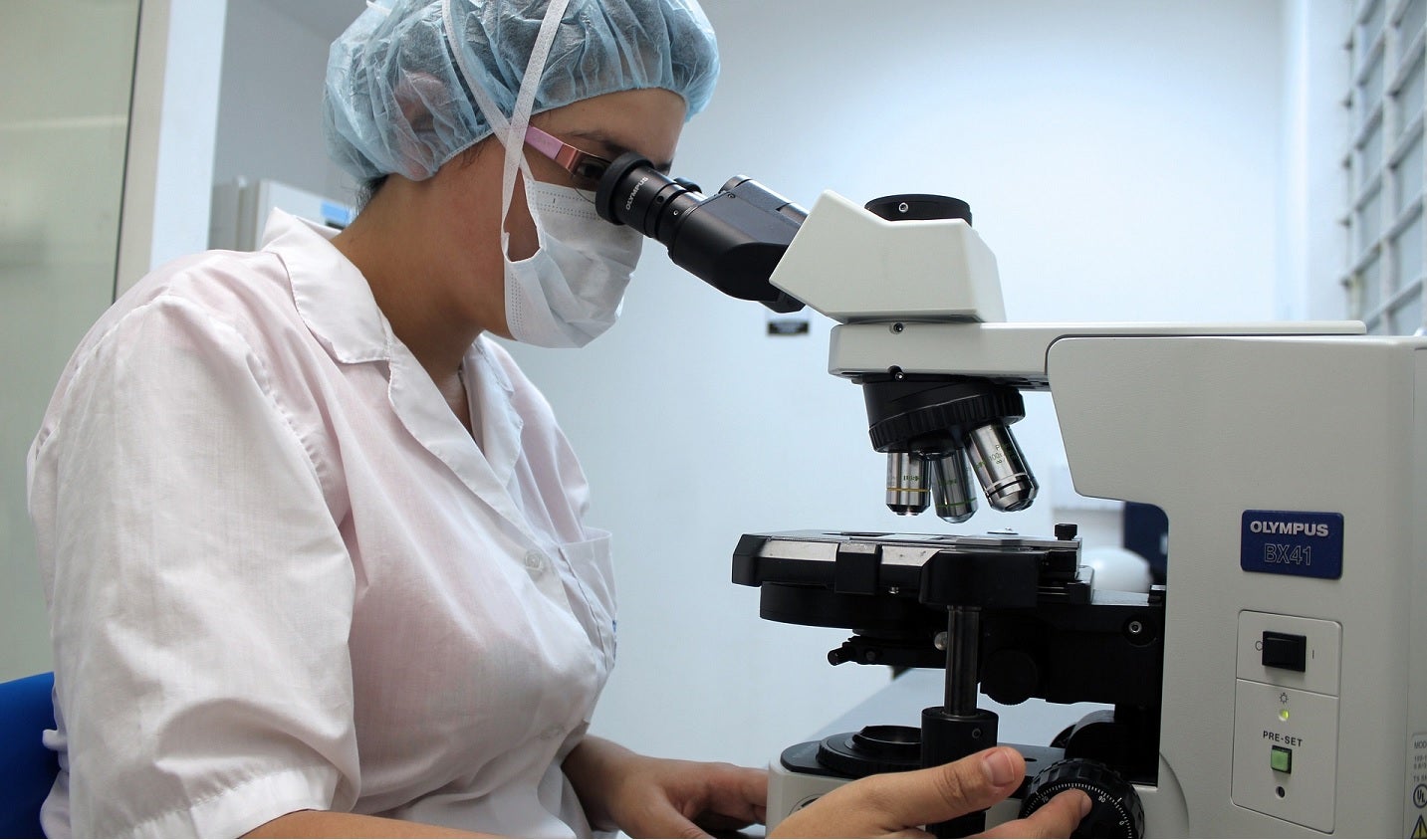
Codexis and Nestlé Health Science have reported interim results from a Phase I clinical trial of CDX-7108 for exocrine pancreatic insufficiency (EPI).
The Phase I trial has been designed for assessing the tolerability, pharmacokinetics (PK), and safety of escalating oral CDX-7108 doses in 48 healthy adult participants.

Discover B2B Marketing That Performs
Combine business intelligence and editorial excellence to reach engaged professionals across 36 leading media platforms.
It is also evaluating the pharmacodynamics of oral CDX-7108 doses as part of a proof-of-concept study in ten EPI patients.
Codexis stated that the interim analysis included five participants and studied lipid absorption as measured by 13CO2 excretion.
There were no serious adverse events (SAE) and no safety issues observed in the trial.
Additionally, no treatment discontinuations were observed in both the single ascending dose (SAD) and multiple ascending dose (MAD) healthy participant groups.

US Tariffs are shifting - will you react or anticipate?
Don’t let policy changes catch you off guard. Stay proactive with real-time data and expert analysis.
By GlobalDataIn the proof-of-concept part of the trial, every EPI patient had improved lipid absorption when CDX-7108 was given, compared to a placebo.
A significant increase in the cumulative excretion rate of 13CO₂ was observed for CDX-7108, after combining the data from each participant.
Codexis CEO and president Stephen Dilly said: “Preliminary data from an interim analysis of our Phase 1 study proof-of-concept arm has shown indication of improved lipid absorption when patients were administered CDX-7108 versus a placebo.
“These encouraging data support a path forward, further developing CDX-7108 with Nestlé Health Science. We aim for the potential initiation of a Phase II study in early 2024.”
By the end of this year, Codexis and Nestlé Health Science intend to file an Investigational New Drug (IND) application for the Phase II trial, which is anticipated to be conducted over nearly 12 months.
Topline data from the Phase II trial is expected in 2025.



